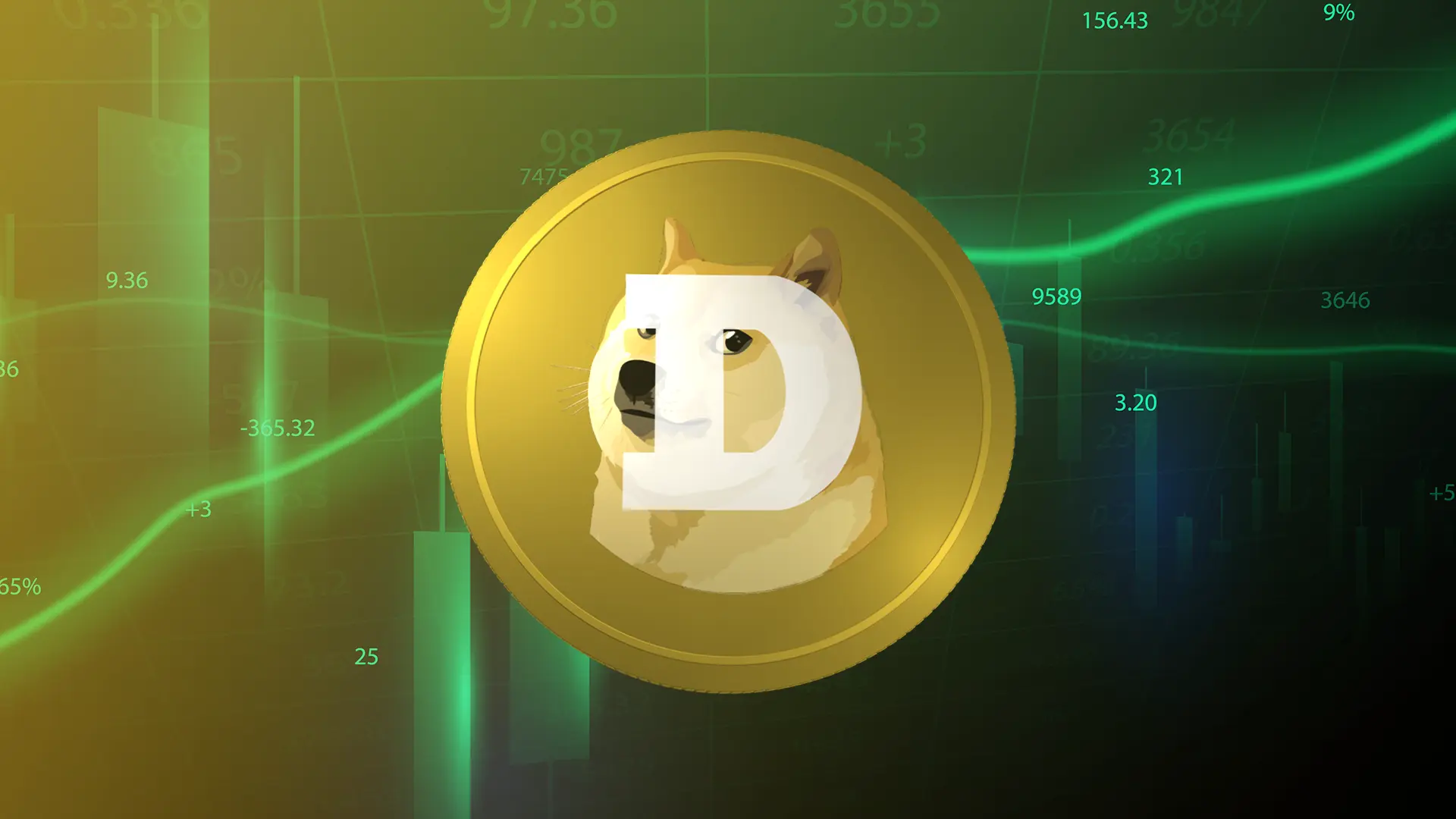Can Dogecoin Support Smart Contracts?
Dogecoin, despite starting as a parody of Bitcoin, completed with a Shiba Inu mascot, and a culture of memes, the digital token has matured into a serious contender in the digital finance space, making people prompt pressing queries such as “can Dogecoin support smart contracts?”
To clarify things, we took it upon ourselves to thoroughly research and analyze if the coin really supports smart contracts, and in this blog post, we will be disclosing everything you need to know from the Overview to the least information.
What are Smart Contracts?
Smart contracts are self-executing contracts with the agreement directly detailed in code. These contracts automatically enforce and execute the terms of an agreement without the need for approval or sort of review from a third party.
Ethereum popularized this concept, allowing developers to create decentralized applications (dApps) that run autonomously. Today, smart contracts are basically everything like from NFTs to DeFi protocols to voting systems.
Does Dogecoin Have Smart Contract Support?
Dogecoin itself does not natively support smart contracts. The original Dogecoin blockchain was designed for peer-to-peer transactions and tipping. It was built on Litecoin’s codebase, whose networks are not designed to handle complex application layers.
That said, Dogecoin’s growth still exists, and while the coinbase protocol lacks native support for smart contracts, there are other technologies that DOGE uses.
The Rise of Dogechain Smart Contracts
Dogechain is not part of the official Dogecoin project, but it has gained traction as a Layer-2 solution that aims to bring smart contract functionality to Dogecoin users.
It was launched a few years ago and enables DOGE holders to wrap them into wDOGE and use them on a blockchain network compatible with the Ethereum Virtual Machine (EVM).
Other Third-Party Solutions Supporting Smart Contracts
Beyond Dogechain, additional projects are working towards integrating Dogecoin with other blockchain platforms. These include bridges that allow DOGE to be used in ecosystems like Binance Smart Chain (BSC) or Polygon, both of which already support advanced smart contract capabilities.
Developers have created technologies that lock DOGE and represent it on smart contract-supported blockchains. This allows users to interact with DeFi apps and NFTs using their DOGE holdings, albeit in wrapped or tokenized forms.
Why Add Smart Contracts to Dogecoin?
Enabling smart contract functionality for Dogecoin will bring about a huge step toward expanding DOGE’s role in modern crypto finance.
Here’s what smart contract support would bring about:
- DeFi for DOGE: Users could participate in decentralized lending, yield farming, staking pools, and liquidity mining, using DOGE as collateral or a primary token in smart contract platforms.
- Dogecoin-Powered NFTs: Smart contracts would enable artists and developers to create NFT marketplaces using DOGE as the native currency, opening new means of earning for creators.
- Decentralized Gaming: Gaming platforms could accept DOGE for in-game purchases or offer rewards in DOGE that are managed and distributed through smart contracts.
- Community Governance: Dogecoin communities could form decentralized autonomous organizations (DAOs) that operate on smart contracts, allowing token holders to vote on project upgrades, funding proposals, and ecosystem changes.
Challenges of Native Smart Contract Integration
Despite the growing demand for smart contract functionality, integrating it directly into the Dogecoin blockchain presents a number of challenges:
- Security Concerns: Smart contracts increase the attack surface of any blockchain, such as increasing the complexity and significant changes in Dogecoin’s codebase.
- Development Philosophy: The Dogecoin team prioritizes simplicity, reliability, and stability over features that are experimental. Native smart contract support would represent a major shift.
- Ecosystem Fragmentation: With Layer-2 solutions like Dogechain already providing smart contract functionality, the need for native support is debated. Some argue it’s better to improve these integrations rather than overhaul the mainchain.
What the Future Holds for Dogecoin
Although Dogecoin is yet to have native smart contract capability, rather has a growing community interest, an increase in developer activity on Layer-2 solutions, and rising demand from industries like gaming and content creation for Dogecoin-based smart applications.
Here’s what we might expect from Dogecoin as based on our analysis:
- Improved interoperability between Dogecoin and EVM-compatible blockchains
- Continued growth of Dogechain and other Layer-2 ecosystems
- More cross-chain bridges enabling DOGE use across DeFi and NFT platforms
- Ongoing discussions in the Dogecoin community about whether and how to integrate smart contracts into the base layer
Cheap Remote Crypto Mining for you – Click Here
Conclusion
Back to the question, can Dogecoin support smart contracts?
Not natively, at least not yet. But through Layer-2 solutions and third-party platforms like Dogechain, Dogecoin users are already tapping into the world of smart contracts, decentralized apps, and programmable finance.


